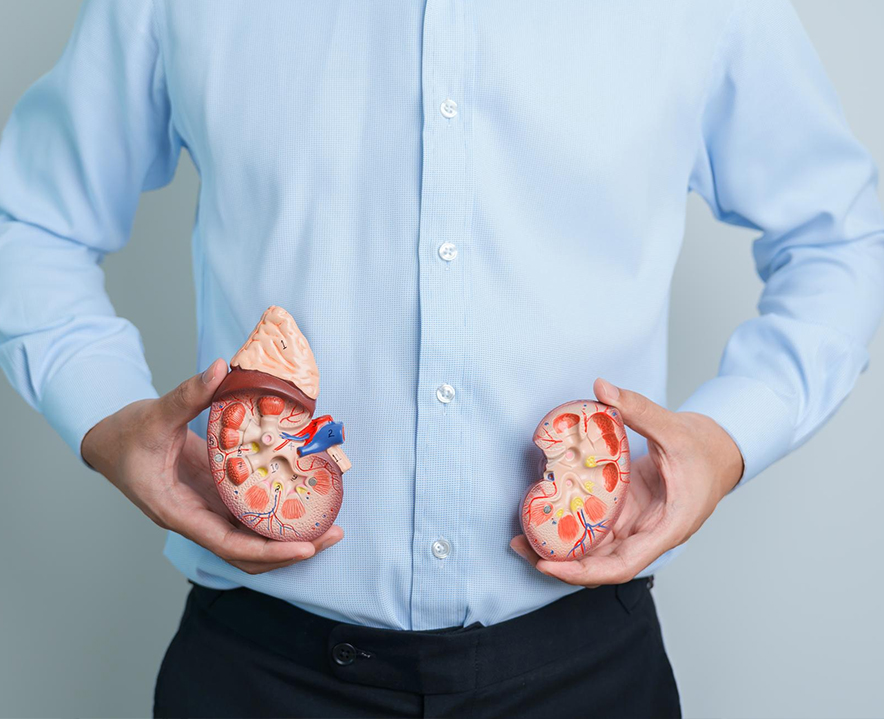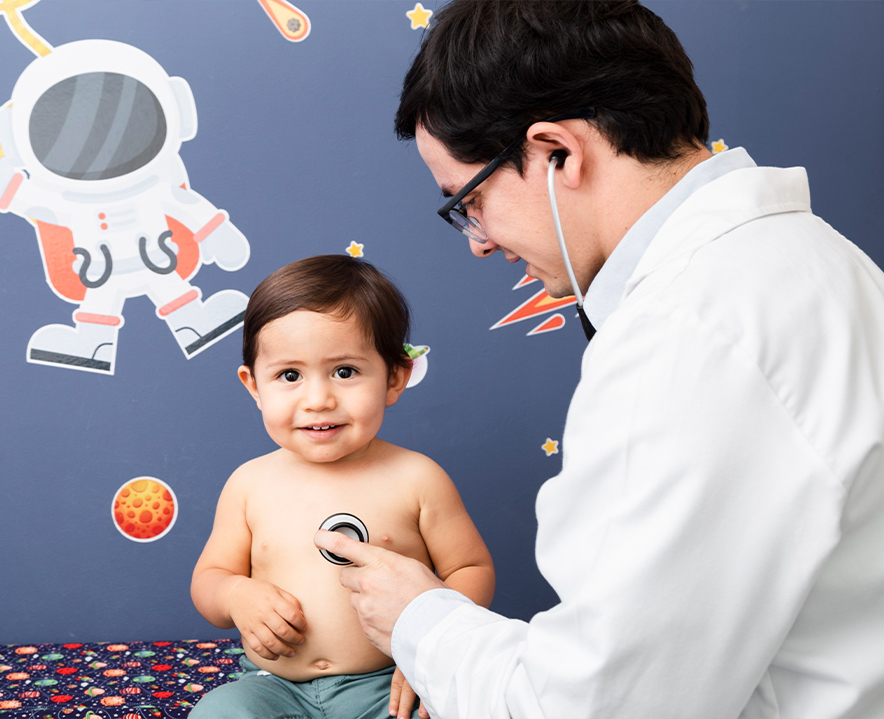Worried about various kidney problems affecting your pregnancy? Don’t worry, we’ve got you covered. Pregnancy is undoubtedly one of the most transformative experiences a woman can possibly have. But it can be extremely challenging for women with pre-existing health conditions. In this blog, we will have a quick look at various
kidney problems in pregnancy and the precautions to be taken.
How does pregnancy affect kidneys?
Individually, pregnancy and kidney diseases are very hard on the body. When combined, kidney diseases during pregnancy can be extremely demanding and would require a lot of strength and patience. During this time, family support and care are absolutely necessary. The female body undergoes many drastic and significant changes during pregnancy. Some of these are as follows:
- One of the most prominent changes that are observed is the increase in blood volume.
- An increase in GFR (glomerular filtration rate) might be noticeable.
- Increase in the requirement of nutrients and oxygen in the body.
- Extreme attention should be paid to maintaining healthy blood pressure and keeping the body adequately hydrated.
- The female body undergoes hormonal changes which has varied effects on the body.
- Additionally, the physical pressure on the renal structure increases as well.
Pregnancy and kidney
The entire female body adjusts itself during pregnancy. It is common knowledge that the strain on the kidneys increases when a woman conceives or gets pregnant. The reason behind this is the increase in the blood volume that needs to be filtered. If the kidneys do not function properly, this leads to a very toxic accumulation of waste in the body. The effect of this unhealthy build-up can be fatal for the entire body. Let us now understand the possible complications or risks:
- Preterm birth: babies born before 37 weeks pose a higher risk of facing many issues.
- Preeclampsia—high blood pressure and elevated protein in urine (proteinuria)—causes serious complications such as organ failure and is dangerous for both the mother and the baby.
- Lower birth weight: lower birth weight itself causes many other serious complications and requires keeping the baby under close observation.
- Medication management: women on any medication should be very careful as it might have possible side effects on the baby.
Preventive tips
Always remember the basics as they make most of the difference. Some of the preventive tips are:
- Pre-plan pregnancy under the guidance of a nephrologist and obstetrician to avoid any serious complications.
- Keep your blood pressure under control and reduce stress.
- Maintain a proper, healthy diet.
- Stay hydrated, as it is extremely crucial, especially when you are suffering from renal diseases or kidney-related diseases.
- Get your tests and check-ups done regularly.
- Kidney function should be closely monitored, and even the smallest abnormality should not be ignored.
Bottom-line
First of all, a successful pregnancy is absolutely possible, even with kidney diseases. You need to closely monitor your health and take into consideration the advice of your healthcare provider. Before trying to conceive, make sure you are aware of all the possible risks and complications and are ready to deal with them. The only thing you need to do is stay consistent. Be it in terms of your healthy eating habits, medications, exercise, and so on. Small lifestyle changes can make a huge difference.
Blue Bliss Hospital is home to Bangalore’s best nephrologist, who is highly experienced in dealing with high-risk pregnancies. If you are suffering from any kidney diseases and want to plan your pregnancy, be sure to book an appointment.








